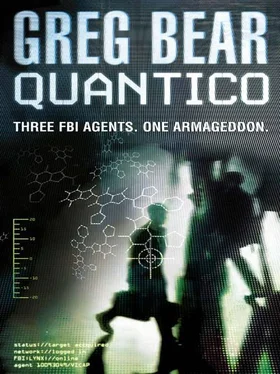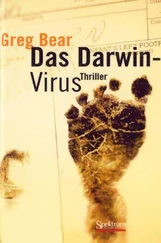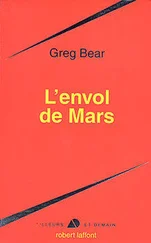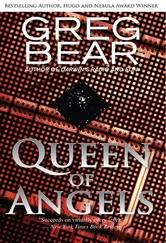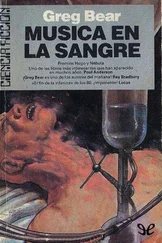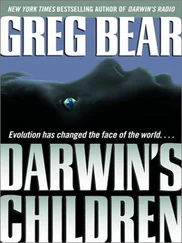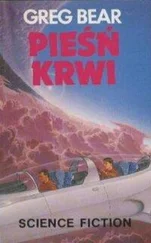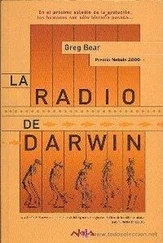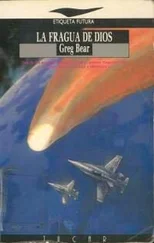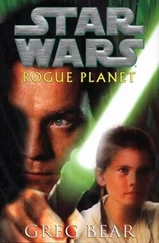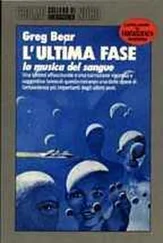Along the busy streets, the modern thoroughfares and underpasses and overpasses, the hotels and shops and apartment complexes studded with air conditioners that surrounded the broad plazas around the Grand Mosque, came the streams of travelers and citizens. Down one narrow road lined with bistros and shops and overarched by apartments and neon signs blinking in Arabic and sometimes in English, Winter saw Pakistanis and Palestinians. Along another wider street, shops selling rich fabrics were attended by Indonesian pilgrims who cast suspicious glances at Chinese Muslims. There were old men and young, in some cases handsome but also exotically ugly, even barbaric, as if plucked from ancient centuries-with scars on their glossy cheeks and foreheads, or missing eyes or hands or limbs.
Nervous masses, by the tens of thousands, hundreds of thousands. Troubled or blissful. Sweating and vomiting in the gutters, or walking with heads high, singing the prayerful chant of talbiyah. Pilgrims frightened by the confusion, troubled and exalted by what they might find within themselves. Shopping, eating from paper plates and plastic bowls in stalls and at tall round tables set on cracked ochre and red tiles or garish pink linoleum, fueling for the long and trying day ahead.
He could not remember hating these people. He watched them calmly and then felt the lump in his pocket and, right there on the street, reached in and pulled out the vinyl folder and stared at the odd documents and the polished badge. Seeing the English words, he closed the case and returned it to the pocket where it pressed against his thigh.
They would mob him if they saw his creds. They would stone him to bloody pulp. But no one had seen.
What have I done? What have I brought?
Forgetfulness.
But I don’t remember why.
He took out his keys and opened the small door beside the battered steel roll-up garage gate. Inside, Gershon stood watch over the second Volvo truck, perched on the edge of a plastic crate, eyes wide at the unexpected entry. Fluorescent lights flickered in the cracked and patched concrete ceiling. Water was leaking from the apartments above. Gershon looked at him with some concern. ‘Mr. Brown. It’s not time, is it?’
The American jangled his key ring and smiled. ‘We have to keep our powder dry.’ He opened the back of the truck and climbed up beside the crates. Then he walked the length of the truck bed, caressing the plastic and canvas tarps, tugging at the ropes.
Gershon crammed his hands in his pockets and watched from the rear.
One rope was loose. The American stooped to untie it, then swung it away. ‘Why do that?’ Gershon asked. ‘We aren’t supposed to mess with them yet, are we?’
The American held his finger to his lips and smiled.
Yigal entered from the rear and stood beside Gershon. Together, they asked again what he was doing, voices echoing. He took a crowbar and pried away the side of the middle crate, revealing a launcher within-steel tubes still shrouded in bubble wrap. ‘They’re traveling well,’ he murmured. ‘They look fine.’
‘We aren’t supposed to open the crates,’ Yigal said.
‘That’s what I told him,’ Gershon said. ‘He’s going against his own orders.’
‘Well, he should know.’ Then, more sharply, ‘What are you doing, Mr. Brown?’
The crates containing the rockets had been stacked between the larger crates. He knelt and used the crowbar to rip open the wood at a lower corner, exposing the plastic wrapping and foam packing. He jammed the bar into the crate, vigorously punching and whacking at the exposed bottoms of the rockets. Glass beads and white and gray powder dropped in chunks.
‘My God, he’s gone crazy,’ Gershon said, pulling himself up onto the truck bed. ‘Stop it!’
Mr. Brown-that was what they called him, and he could not remember his other names-backed away from the crate as the young men approached.
‘Tell us what’s happening, Mr. Brown,’ Gershon said, regarding him levelly.
He shook his head. ‘It’s nothing,’ he said. ‘Nothing to worry about. I’ve been out walking, seeing the sights. Haven’t you?’
Gershon called back, ‘Get Menachem. No, stay here and help me. We have to keep him from doing more damage. Get some rope.’
‘He’s our boss!’ Yigal said.
‘Mr. Brown, you need to come down here with me. Let’s go back to the tent or back to the room. Let’s discuss this.’
Mr. Brown lifted the crowbar but he did not hate Gershon. He could not strike him. His shoulders slumped. Gershon leaped forward, pulled him down, and jammed him against a crate. Yigal brought more rope. By that time, three more young men had entered the garage. They bunched at the back of the truck, staring at the tall American who had once recruited and led them.
‘He’s off his nut,’ Menachem said. They took his arms and legs and dropped him from the back of the truck and let him slump on the floor.
‘What should we do?’
The folder fell from his pocket onto the floor. Yigal reached down and flipped it open, examined the credentials with dismay, and then passed the folder around.
‘Who is this Lawrence Winter?’ Menachem demanded. ‘This is your picture!’
‘Throw him out in the streets,’ Yigal said angrily.
‘Don’t go back there!’ Gershon yelled at one of the young men who had climbed onto the truck bed. ‘There’s powder all over.’
Gershon and Menachem slammed him against the wall of the garage. ‘Who the hell are you?’ Gershon demanded. Menachem struck him several more times with the back of his hand, across the face. His lip cracked open.
He could not answer.
He did not know.
‘We have to decide,’ Menachem said. ‘Is this some sort of trick?’
The Red Sea U.S.S. Robert A. Heinlein, SF-TMS 41
The helicopter flight from Oman took two hours. William looked through the port beside his seat. Below, the early morning darkness that shrouded the Red Sea was painted by a thin ribbon of silver moonlight. The weather was clear. The new moon would soon be visible across the Arabian Peninsula.
Then, William spotted a long, blunt knife cutting through the ribbon with a glint of sloping sides and a gentle wake that vanished less than a hull length behind. He guessed this was the stealth frigate Heinlein.
The chopper descended and described a perfect circle around the Navy ship until clamshell doors opened aft of the two round hillocks of the superstructure. Three ramps folded outward, creating a triangular platform. The chopper was given permission to hover but not to touch down. It dropped a cable to the deck plates to ground its considerable buildup of static electricity. An eerie glow around the rotors and blades slowly diminished in the dry night air.
Grange led his BuDark team to the hatch and they jumped to the platform, ducking in the downdraft. As the helicopter departed, they were met by the executive officer and escorted down a flight of stairs.
‘Welcome to the Heinlein ,’ the exec greeted them as the noise diminished below a deafening roar. ‘I’m Lieutenant Commander Stengler. Our skipper is Commander Peter Periglas.’ Following Stengler, they crossed a lofty hangar beside and beneath dozens of self-guided UAVs stacked in tiers and hung from the bulkheads, wings folded like huge sleeping albatrosses. There were a lot of gaps. Many of the Heinlein ’s birds were already soaring above the desert and the cities of the Hijaz.
The platform folded, the clamshells closed. Stengler guided them down narrow corridors and more steps to a ready room opposite the Tactical Surveillance Center-what would have once been called the Combat Information Center. ‘Heads are down the hall and to the right, as well as two staterooms. Do not turn left, or you will be met by some of our fine Marines, and they have no sense of humor. Our ship is small and tidy but our food is excellent. We will be serving an early breakfast at 0700 GMT, to which you are all invited. In the meantime, we’ve received a secure recorded briefing from Washington which I am instructed is for your eyes only. After you avail yourselves of our facilities, make yourselves comfortable and we will pipe that briefing into the ready room ASAP.’
Читать дальше
Конец ознакомительного отрывка
Купить книгу
